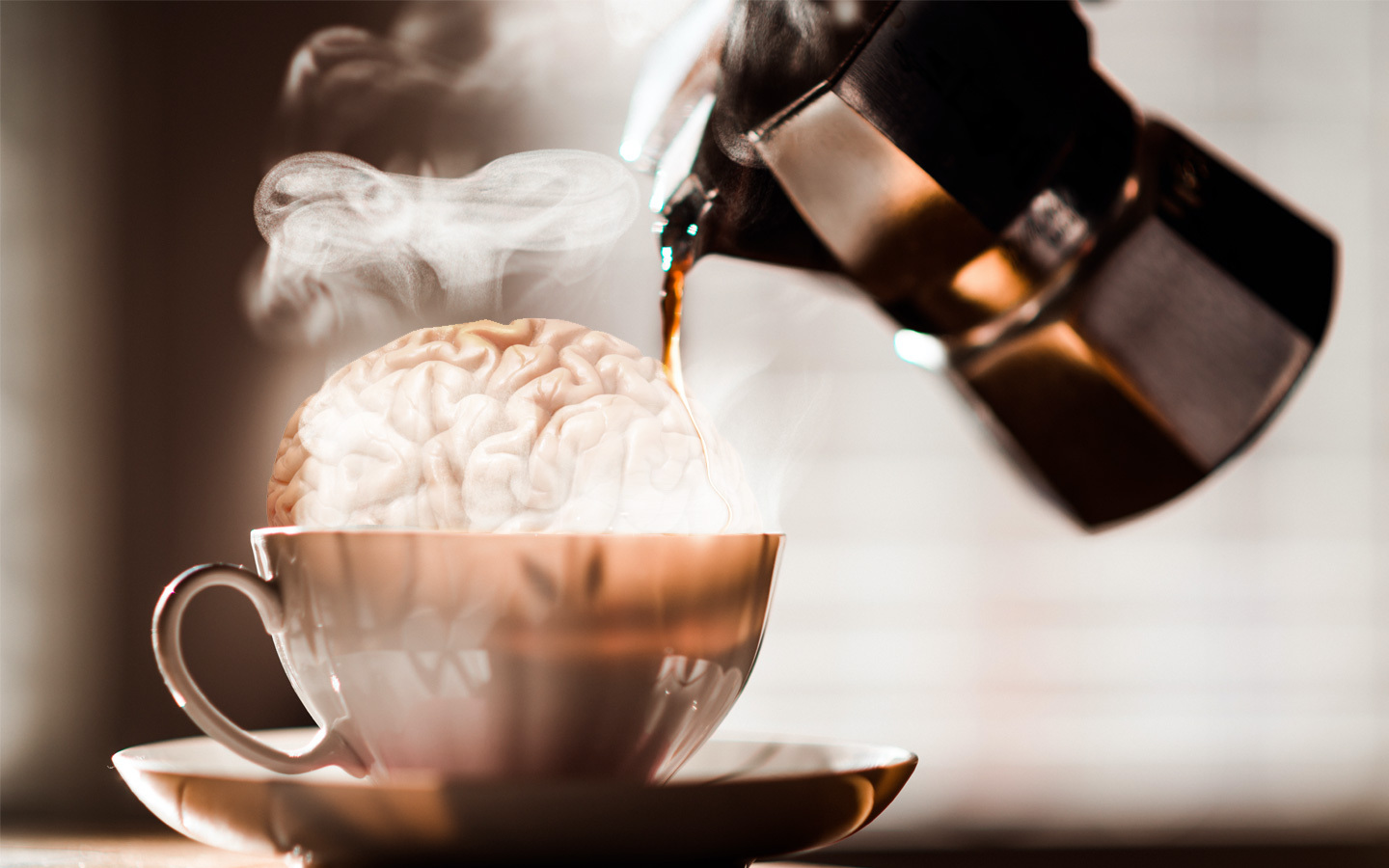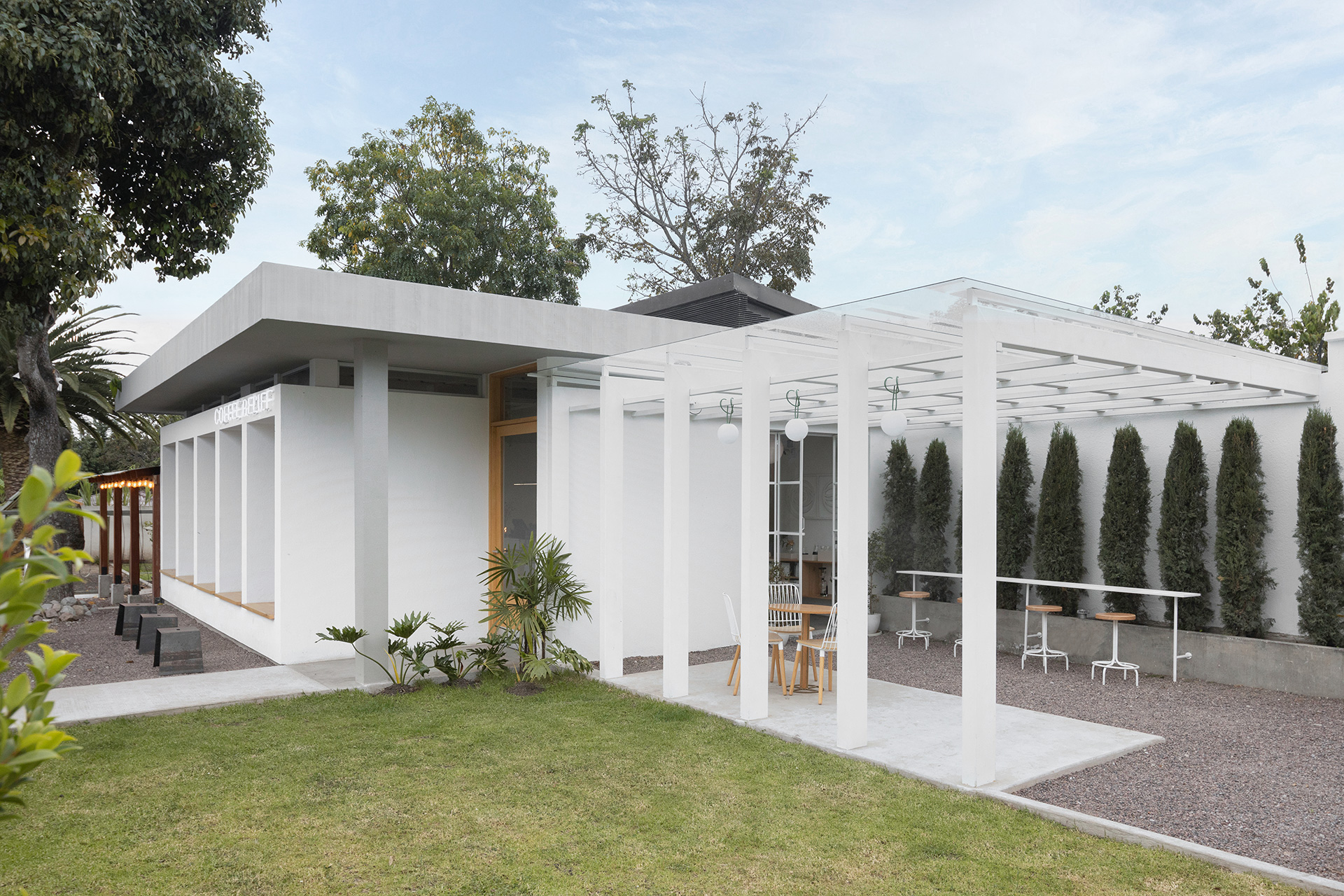For many, that first morning cup of coffee in the morning is their happy place. It provides the jolt of energy—both physical and emotional—needed to take on everything the day has to offer. But that happiness, as it turns out, may not last forever. According to a new study, drinking coffee is not linked to well-being and in fact may be linked to decreased longterm happiness.
As reported by PsyPost, the study was recently published in journal Plos One by researchers from the Department of Social and Behavioral Sciences at Harvard University’s T.H. Chan School of Public Health. Noting prior links between coffee consumption and lower levels of suicide and depression, with the study researchers set out to determine coffee’s cumulative effective on overall well-being and happiness. Wellness, per PsyPost, has multiple factors at work, including physical and mental health, relationships, and lifestyle choices.
To determine coffee’s over effect, researchers examined data from a US longitudinal study of nurses, where over the course of up to 20 years, participants would assess their own happiness and optimism levels as well as self-report their coffee consumption at regular intervals. Nearly 45,000 participants were assessed to determine happiness levels as they relate to coffee consumption, and nearly 37,000 for optimism.
They found that coffee’s relation to longterm well-being tapered off as consumption increased. “Minimal coffee drinking” had a weak association, and moderate consumption had no significant relationship. Drinking four cups or more daily, on the other hand, was associated with “lower levels of sustained happiness.” And while moderate consumption had a weak association with higher levels of “sustained optimism,” minimal and heavy consumption had no such link.
“Although observed associations between coffee intake and psychological well-being were not appreciable, some small differences were evident,” the researchers said. “Given the large sample sizes used in the present analyses, this study was highly powered to detect even minor differences between women of varying levels of coffee consumption, perhaps resulting in the identification of associations with limited clinical relevance.”
Researchers also noted that well-being had no appreciable effect on coffee drinking, calling it “weak and inconsistent.”
So if you are drinking coffee for some sort of longterm happiness, you may not be too pleased with the results. I would suggest instead to drink coffee for its immediate jolt of happiness and optimism and to continue doing it everyday. You can have a little happiness, as a treat.
Zac Cadwalader is the managing editor at Sprudge Media Network and a staff writer based in Dallas. Read more Zac Cadwalader on Sprudge.





















